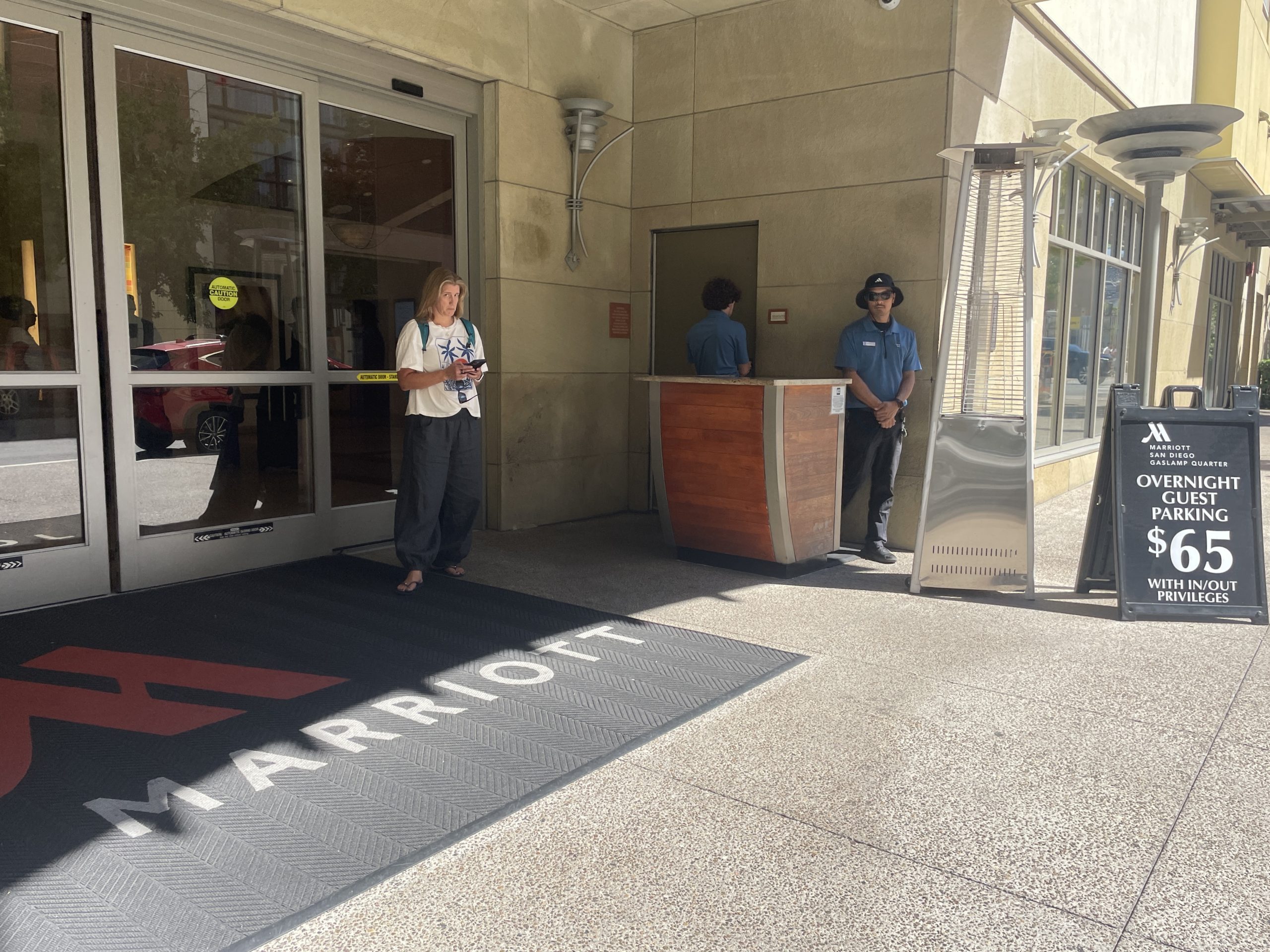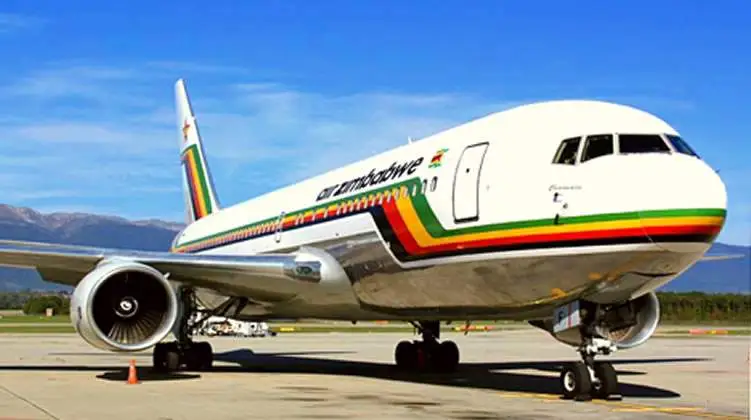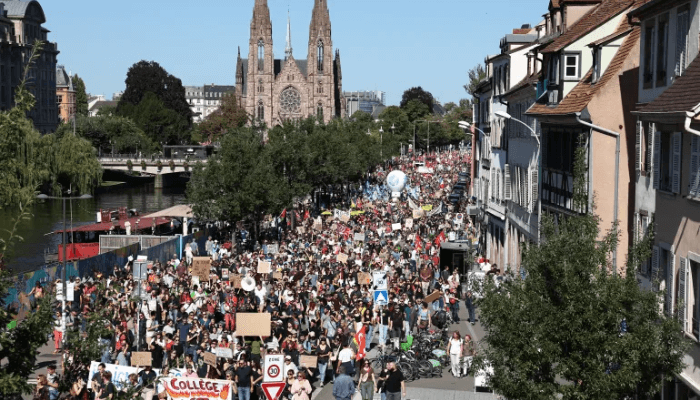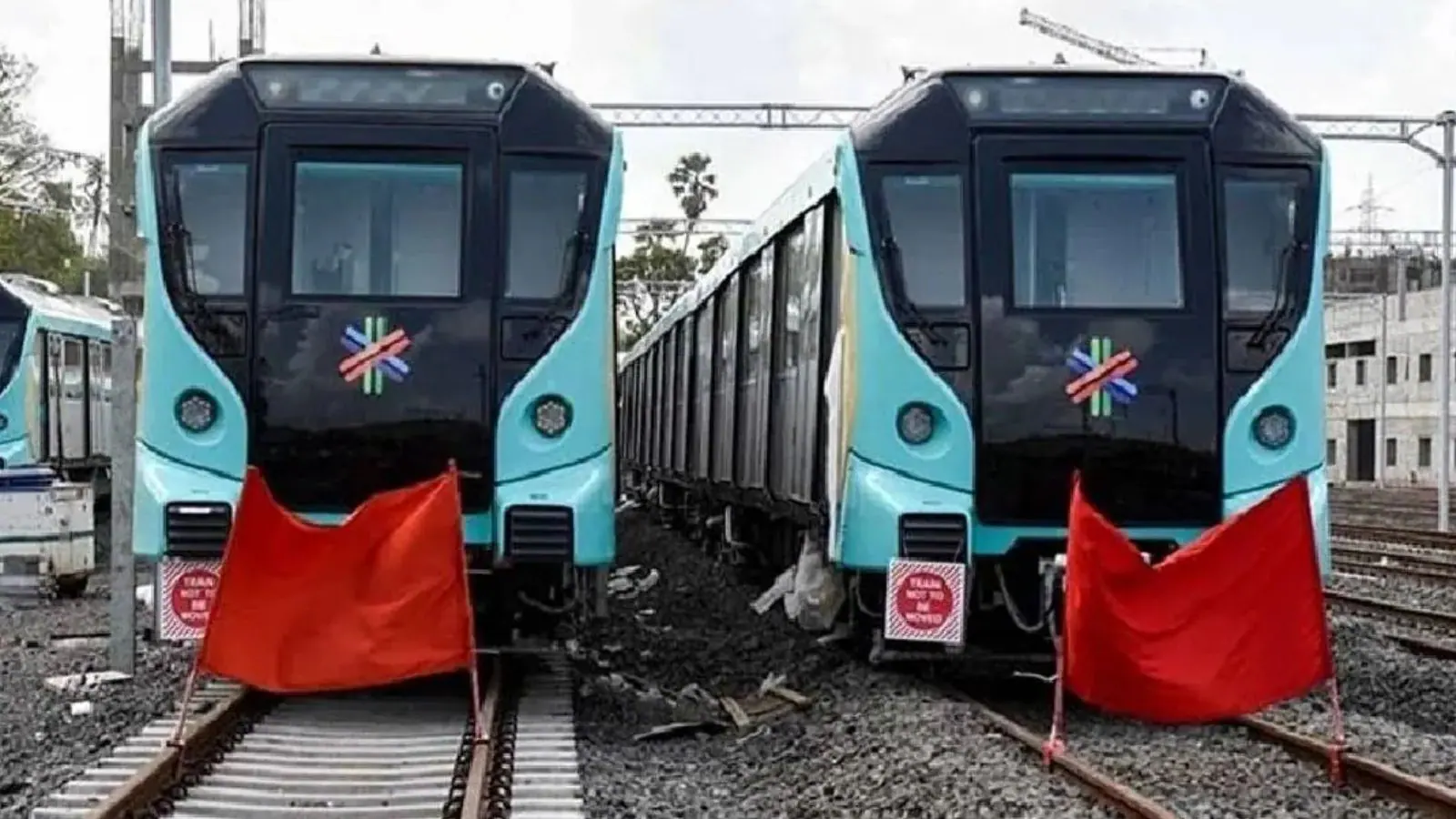By Calista Stocker
Copyright timesofsandiego

Downtown valet service could potentially be getting much more expensive for both business owners and customers.
Faced with a dire budget crisis, city leaders passed a series of parking reforms in June aimed at relieving the deficit.
A new proposal to increase permit prices for valet operation could result in some hotels paying a 30,000% more than last year to offer the same valet services.
Hoteliers already represent the majority of valet service providers, but downtown hoteliers say the proposal will hit them especially hard. Alongside community leaders, these hoteliers are organizing to oppose the price hike — which they warn could result in higher prices for customers and increased traffic congestion.
As a result of the June reform package, valet permits were increased to $600 for renewals and $1,000 for new permits. In addition, applicants will now be charged an annual $5,000 fee for two standard-sized valet spots, which city officials call “loss of revenue.”
The new fee aims to recover funds that would be generated from the spot’s meter, for which the city says is a 75% discount from actual loss of revenue projections for two meters.
Now, a September proposal passed by the Active Transportation and Infrastructure Committee seeks to implement increased loss of revenue fees for businesses with more than two valet spots.
If the proposal is passed by city council, applicants would pay an additional $10,000 for each extra spot outside the Special Event Zone, defined as a half-mile from Petco Park.
For each extra spot inside the Special Event Zone, applicants would pay an additional $15,000.
“It’s just unimaginable, it’s unacceptable, and we’d love to work with the city at something that is equitable,” said Jeffrey Burg, general manager of the San Diego Marriott Gaslamp Quarter. “It’s also not safe. So we will not keep the whole valet zone. We just simply can’t, I can’t go to ownership and ask for that much money, and it just doesn’t make any sense.”
Burg’s hotel currently has eight valet spots, for which he paid $317 for at his last renewal according to city fee schedules. Like other hotels, the Marriott Gaslamp Quarter was already revving up to pay $5,600 for their next renewal, but this proposal would require Burg and his team to shell over $95,600 to keep his eight valet spots.
“We understand lost revenue. We get it. Totally, get it,” he said. “[$600] does not seem equitable to the city. It’s great for us, but not equitable to the city. But let’s just say that we pay $10,000. We’re guaranteeing them $10,000 in revenue, giving a good arrival experience, having happy guests who want to keep coming back to San Diego. If a guest can’t easily park, why would they come here?”
Burg explained that he was not informed of this proposal by anyone from the city, but rather by his third-party valet partner. As a result, he has been working closely with Michael Trimble, executive director of the Gaslamp Quarter Association, to communicate with the city.
Trimble wrote a letter to the Active Transportation and Infrastructure Committee to express the Gaslamp Quarter Association’s grievances with the proposal.
“No one says that they don’t feel like there should be a change in the rate structure, but a change that would be acceptable, and not breaking the bank,” Trimble said. “Because imagine if you did pay that kind of fee — let’s just say that’s your hotel — and you paid that fee and you had a valet that’s that large. How much would they charge the consumer or the visitor to park there? If you’re paying 100 bucks a day or 80 bucks a day to park your car at a hotel, you might reconsider coming to stay in downtown San Diego.”
In his letter, Trimble also pointed out unclear methodologies, policy contradictions and math inconsistencies. The Times of San Diego did its own math on this, as well.
Most Gaslamp meters are now in effect all seven days a week from 10 a.m. to 10 p.m., with special events pricing taking effect for six hours at each Padres game or other event with more than 10,000 attendees.
Using an estimate of 102 events, the Times concluded that the city expects an annual revenue of $15,540 per special event meter and $10,950 per regular meter.
However, this is the estimate for 100% occupancy. According to data provided by the Transportation Department that was collected across three days, occupancy for downtown meters averaged 80.3%.
At that rate, the city would only bring in $12,484 for each special event spot and $8,796 for regular spots, but the proposal would still charge hotels $15,000 and $10,000, respectively.
“We understand lost revenue. We get it. Totally, get it,” said General Manager Burg. “[$600] does not seem equitable to the city. It’s great for us, but not equitable to the city. But let’s just say that we pay $10,000. We’re guaranteeing them $10,000 in revenue, giving a good arrival experience, having happy guests who want to keep coming back to San Diego. If a guest can’t easily park, why would they come here?”
Fred Tayco, executive director of the San Diego County Lodging Association, explained that more than half of San Diego visitors arrive via car, and that year-over-year travel and hotel occupancy have declined.
“Keep in mind, this only affects downtown,” Tayco said. “I’m sure there are other hotels outside of the downtown area that will come to benefit from this, because people will still want to come to San Diego. It just becomes a point where it may price visitors outside of downtown San Diego, which would be a shame, because it’s not just hotels that reside downtown, it’s all the businesses, storefronts, as well as restaurants that benefit from visitors in downtown.”
Tayco explained that downtown is hit the hardest because it relies on valet spots due to the infrastructure and traffic in the area.
“When most people think of valet parking, they think of it as a luxury,” Tayco said. “But, when you look at downtown, you’re performing a public service. Hotels manage the flow of vehicle traffic in high-impact areas … When you look at our downtown hotels that are just not designed for self-parking, there’s a heavy reliance on curbside traffic. Valet parking helps mitigate that by keeping the flow of traffic moving. It prevents double parking downtown, reduces dangerous loading and unloading situations next to moving traffic.”
For Burg’s Gaslamp hotel, he said he will have no choice but to scale back from eight to two valet spots, which would create poor guest experiences and dangerous situations.
“There’s got to be some logic behind it, but there’s nothing,” Burg said of the proposal. “From a business perspective, it doesn’t add up. But we understand and we want to work with the city, that is my underlying message. It’s going to be a terrible arrival experience. If someone double-parks and is anxious or just leaves the car in the middle of the street, somebody could be hit by a car if they’re not paying attention. So traffic will get backed up. It’s a mess waiting to happen.”
Next stop for the proposal is the city council, though there is no definitive date yet on when the council will vote.
“Where we are at is that we’ve been having discussions with the mayor’s office, and the mayor was gracious in putting a pause on the implementation of this ordinance so we could communicate to them what some of these negative impacts would be,” Tayco said on behalf of the San Diego County Lodging Association.
“So we will be communicating with each of the individual council members what this impact would be to downtown businesses — not just hotels — but those storefront businesses, as well as restaurants.”



